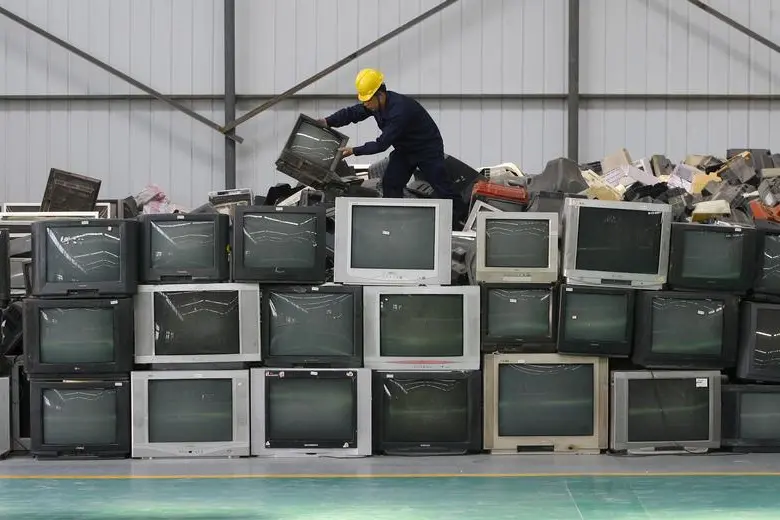PHOTO
To mark the International E-Waste Day, October 14, consumers worldwide are urged to collect dead and/or unused electronics and electrical products and give them a second life through reuse or repair, or recycle them properly. Above all, consumers should stop throwing them away in household waste bins.
The Global E-waste Monitor 2024, authored by UNITAR, in cooperation with ITU, reported almost a quarter of end-of-life electronic waste ends up in home trash, squandering billions of dollars worth of copper, gold and other precious metals, materials critical to the production of such products, along with valuable plastics, and glass.
The 14 million tonnes of e-waste (dead or unused products with a battery or plug) discarded with ordinary household waste works out to the weight of approximately 24,000 of the world’s heaviest passenger aircraft – enough to form an unbroken queue of giant planes from London to Helsinki, NY to Miami, Cairo to Tripoli, or Bangkok to Calcutta.
Speaking to the issue, Ibukun Faluyi of E-waste Producer Responsibility Organisation Nigeria (EPRON), told Nigerian Tribune that, “We are putting a spotlight on e-waste today. E-waste has no place in household bins.”
Faluyi added that for cities and towns outside Lagos where collection centres are not yet available, consumers need to put e-waste aside until there is opportunity to dispose them in an environmentally sound manner.
Pascal Leroy, Director General of the Brussels-based Waste Electrical and Electronic Equipment (WEEE) Forum, in a statement sent to Nigerian Tribune, stated that: “Small electronic and electrical goods such as mobile phones, toys, remote controls, game consoles, headphones, lamps, screens and monitors, heating and cooling equipment, and chargers are everywhere.
Copyright © 2022 Nigerian Tribune Provided by SyndiGate Media Inc. (Syndigate.info).




















